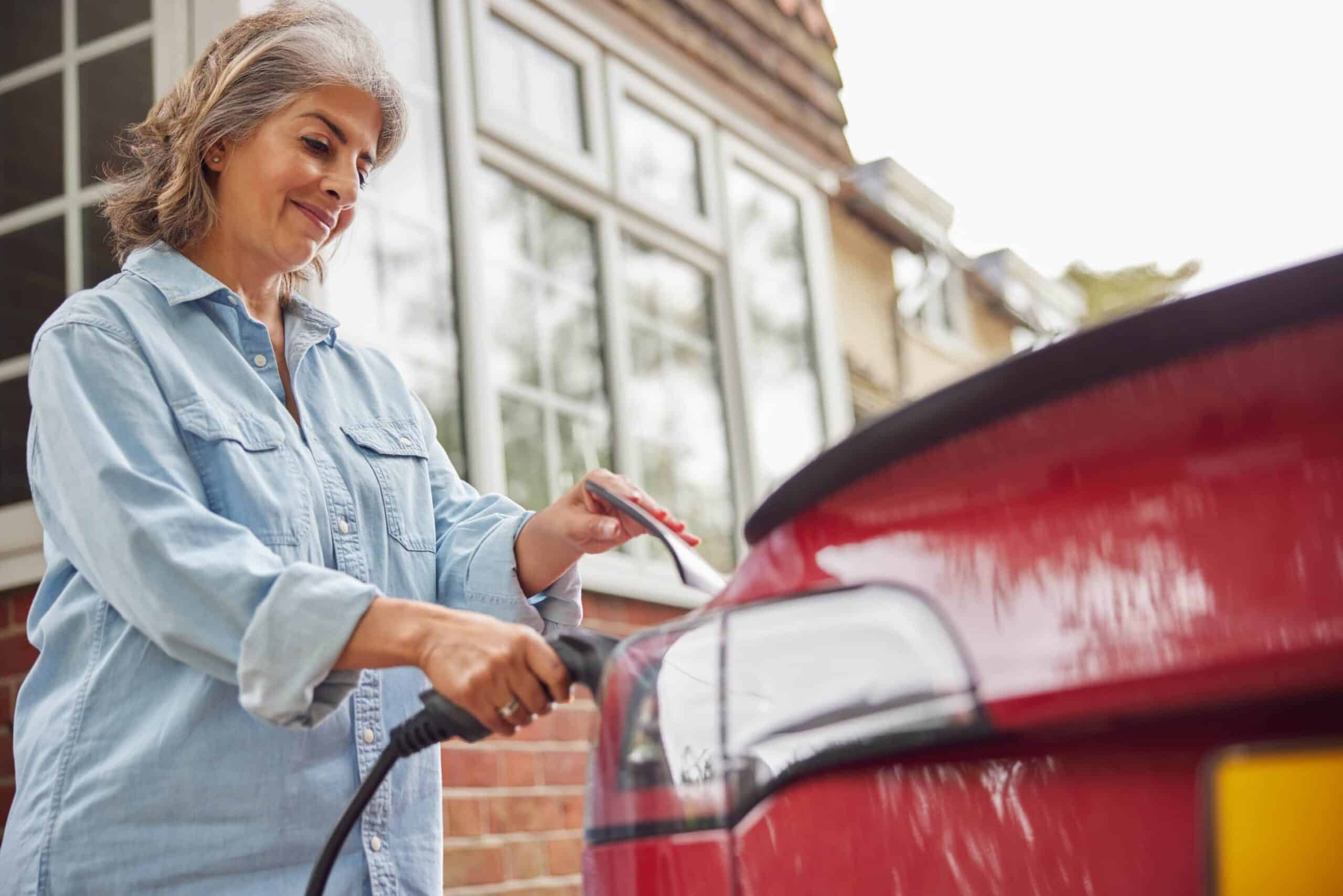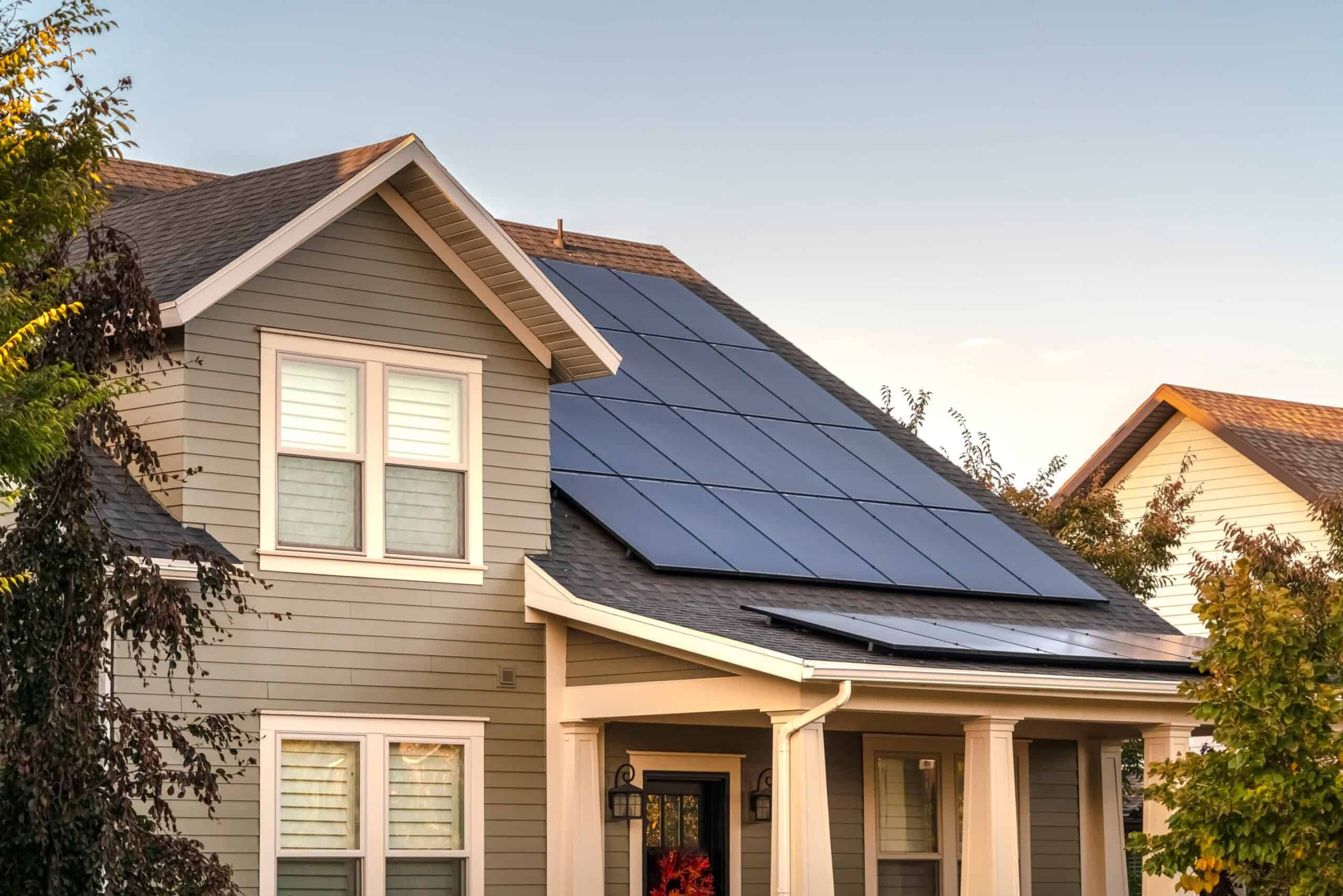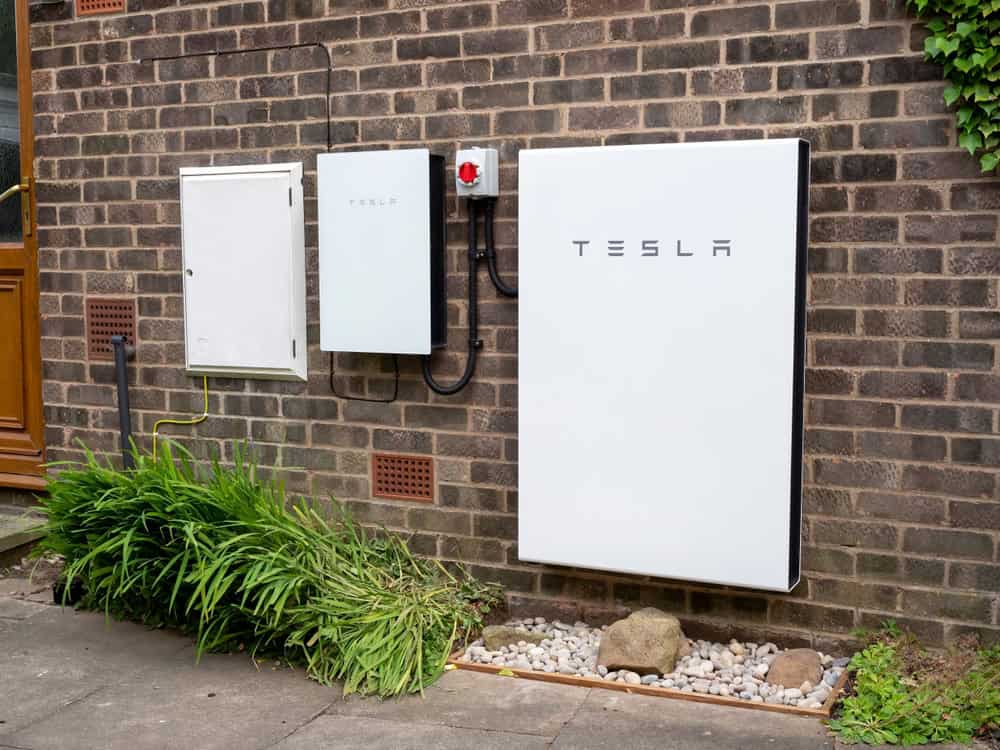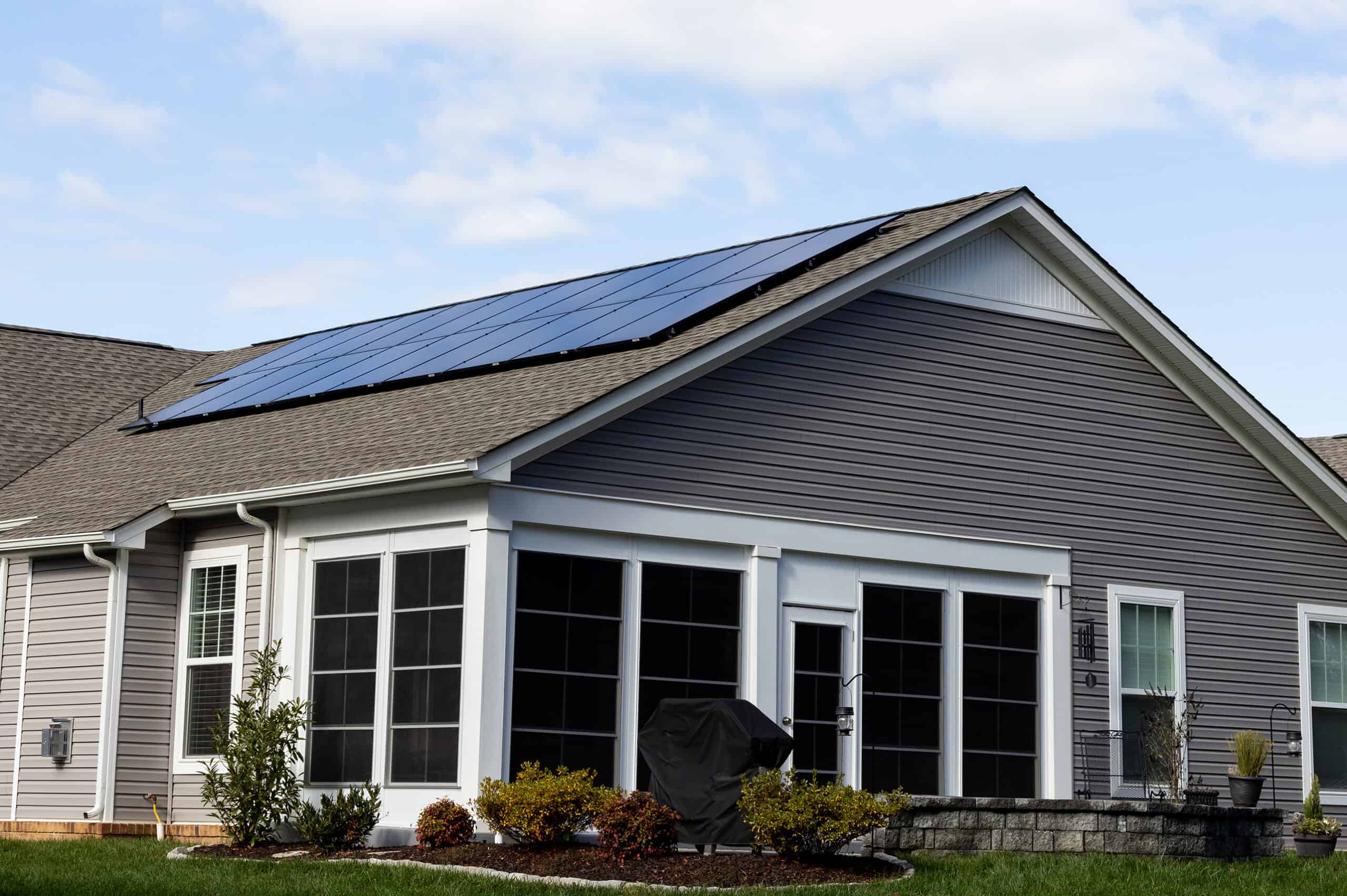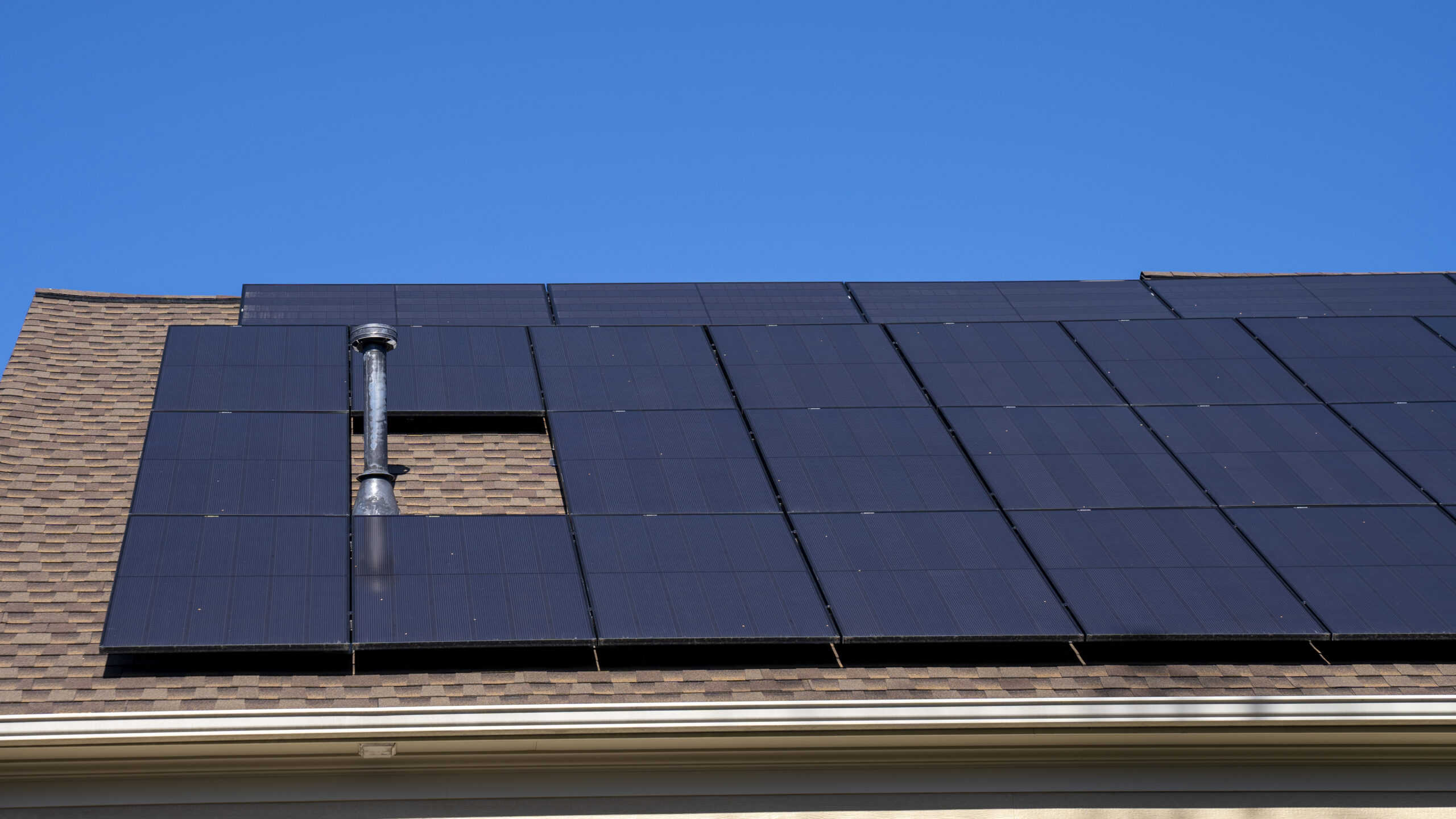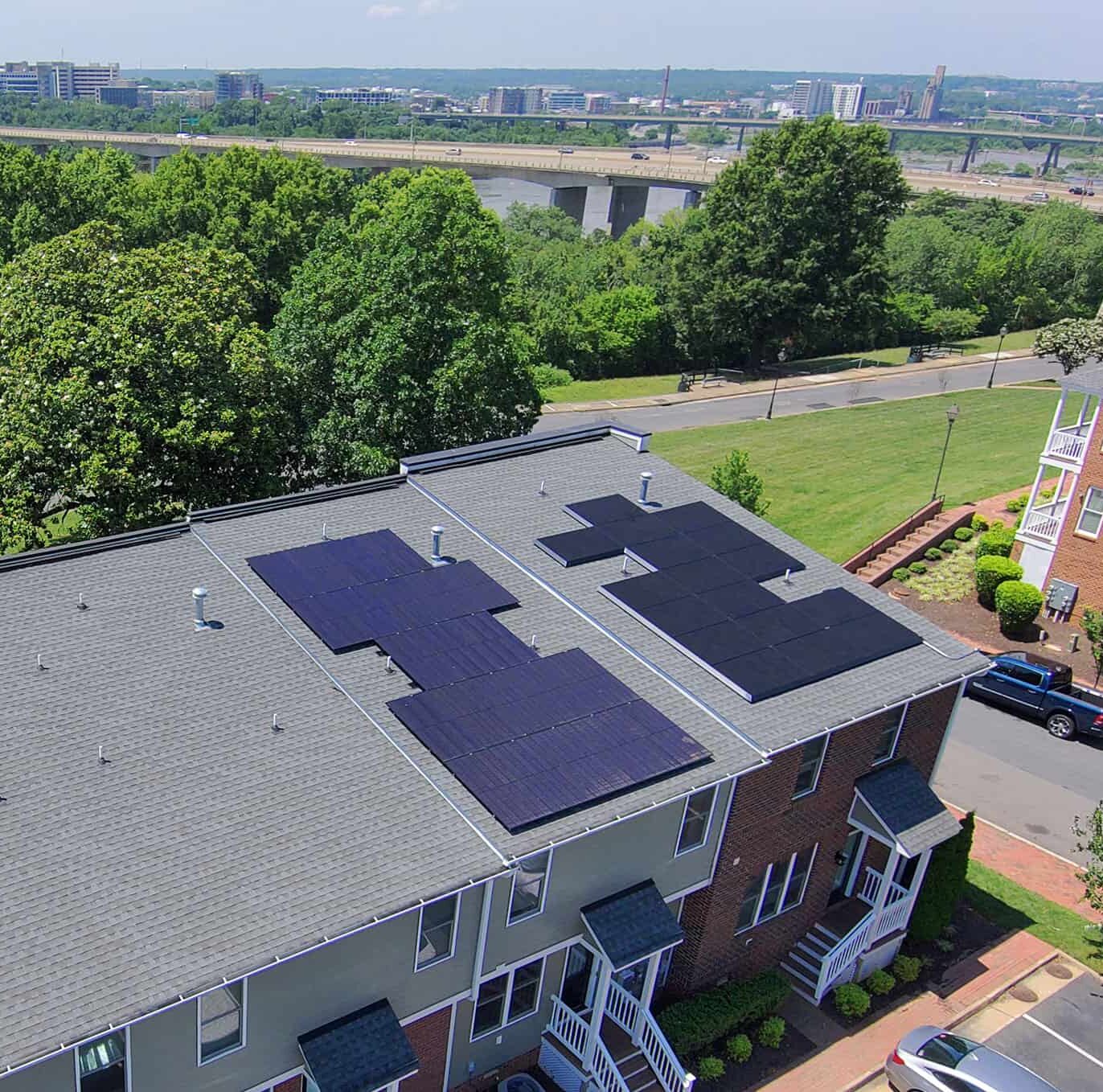Solar Panels Efficiency: Choosing the Most Efficient Panels
The efficiency of a solar panel system is essential to ensure customers can generate long-term and regular savings on their electricity bills. Basically a solar panel is working efficiently when it generates electricity from sunlight. So, for example, if the same amount of sunlight is hitting two different panels for the same amount of time, the panel that generates the most electricity will be considered the most efficient one.
Although panel systems are increasingly becoming more efficient as technology advances, there are some companies out there that still publicize efficiency data gathered under certain testing conditions, which may not be similar to what customers experience in the real world. There are several factors to take into consideration, including the brand and kind of solar panels but also some on-site factors. To get the most out of your solar panel system you need to take into account the following:
- Amount of Sunlight
- Shading
- Panel Direction
- Panel Angle
- Temperature
- Wind Speed
What level of efficiency can be reasonably expected?
Roughly between 14% (lower end) to 22% (higher end). It is actually quite rare to see a solar panel generate energy to its full rating, as it often involves up to 20% in losses. So, what can you do to ensure your system is at its top efficiency? Read further to find out how solar panels efficiency truly works and how to choose the best option for you, your property and your location.
Solar Panel and Solar Cell Efficiency
Obviously, a solar panel built with an inefficient solar cell inside would not be considered efficient. You may ask why then a higher solar cell efficiency doesn’t mean the solar panel is more efficient?
It is important to consider how the cells are laid out on the panel face. An efficient use of the panel space on both sides is crucial to increase the efficiency of the panel itself. Crystalline silicon PV cells have laboratory energy conversion efficiencies as high as 25% for single-crystal cells and 20.4% for multi-crystalline cells. However, industrially produced solar modules currently achieve efficiencies ranging from 18–24%.*
The industry and manufacturers are clearly catching up with technology, with both parties working hard at creating more efficient cells and better quality solar panels. As a matter of fact, statistics show that around a decade ago, solar panels were 12% efficient, while now they are 22%. Most manufacturers seem to be working hard to be crowned the most efficient one.
However, an issue that can arise with high-efficiency solar panels is the higher cost they come with. Although cells that can reach up to 44.5% efficiency have been created, it may take a while before they can be sold to the public. For example, those kinds of cells were used on the Pathfinder mission to Mars but they were priced at more than $1million dollars, so they are not exactly affordable. The ever-changing solar energy world will definitely keep working on panel efficiency as one of its top priorities, and we are also likely to see improvements in the efficiency of battery storage.
More recently, Multi Layered and Gallium Arsenide cells have started entering the solar market, and panel wattage has been increasing too. Just a decade ago, the standard wattage for panels was 185 watts, but since then panel wattage has nearly doubled, making it clear to see that the efficiency is only bound to increase even more in the next decade.
*Source: U.S. Department of Energy
What Can Affect Solar Panels Efficiency?
As mentioned above, the cell technology used in a solar panel considerably affects its efficiency, however it is worth noting that the location where the panel system is installed has a big influence on how much energy can be generated. Some parts of the country can be more effective in creating energy due to their more conductive environment. More often than not, solar panels efficiency can dramatically change from one area to another even if located very close, due to certain factors, such as:
Shading
Not many know that even a small amount of shade on a solar panel can negatively affect the efficiency of the entire solar system, as it can effectively shut or slow down the whole system. This means that placing solar panels on a roof with no shade at all is very important.
Temperature
Although one may think that a solar panel position in a hotter area may be more efficient, often this isn’t necessarily correct. Solar panels are actually usually installed with a few inches of space between the roof and the panels itself to allow air to flow through and cool them down. Some systems are actually designed to handle warmer temperatures but the majority do not function properly when exposed to temperatures higher than 150 degrees. Some roofs even in Virginia can reach this temperature on the hottest of summer days, but a combination of proper attic ventilation and panel spacing above roofing material will allow the panels to typically function at or below this temperature even on the hottest of days.
Orientation
Usually a sloped roof facing south is ideal in terms of efficiency but not strictly necessary. It is worth keeping in mind that an east or west facing roof will usually generate roughly 20% less of energy, but often it can be improved if solar panels are tilted correctly.
Roof Tilt
Another important factor to consider is the angle at which the sun rays will hit the panels. If the sunlight hits at a shallow angle, the light will not reflect properly and the panels will not be able to collect as much energy as if they were hit directly by the sun. Obviously some roofs may not have the right angle but it can be easily fixed by positioning the panels in a way that can increase the absorption of sunlight. This is why it’s important to contract an expert and knowledgeable solar panel installer to conduct a thorough survey to achieve the best efficiency available to your property.
Find out if solar is right for you home. Contact Dominion Energy Solutions energy experts about the most efficient solar panels and schedule a free solar roof analysis today!

